Russia, Turkey influenced softening of EU stance?
The EU’s decision to unfreeze the Interim Trade Agreement with Serbia was helped by the Russian and Turkish engagement in the Balkans, Stratfor states.
Wednesday, 09.12.2009.
11:34

The EU’s decision to unfreeze the Interim Trade Agreement with Serbia was helped by the Russian and Turkish engagement in the Balkans, Stratfor states. “Russia offered support for the stagnant Serbian economy during the visit of Russian President Dmitry Medvedev to Belgrade, which did not go unnoticed by Brussels,” the agency writes. Russia, Turkey influenced softening of EU stance? The article also says that a center for emergency interventions could be constructed in southern Serbia, “which could give Russia a logistical headquarters in the region.” The foreign policy moves of Serbian President Boris Tadic left Brussels in a doubt, considering that it was thought by the EU that he was decisively in their camp, analysis states. Another reason for worry for the EU is the situation in Bosnia-Herzegovina and the increasing role of Turkey in the region. Stratfor reminds that Ankara lobbied in Washington for the U.S. to revoke its support to constitutional reforms in Bosnia-Herzegovina, “which led to anger from the EU, which wanted to take over the process and find a final solution for the situation in Bosnia.” “The Turkish and Russian involvement in the Balkans motivated the EU to move ahead with Serbia’s integration process, especially now that Croatia is on the right path towards membership,” the report says. The agency stressed that, although the Netherland can influence the slowing of this process, and Slovenia can do the same in Croatia’s case, everything depends on whether Paris and Berlin want to give political support to enlargement. Big EU countries felt that competition exists for influence in the Balkans, which comes from Moscow and Ankara, Stratfor writes. The agency reminds that the decision to unfreeze the interim trade deal, which is the trade-related part of the Stabilization and Association Agreement (SAA), came after the EU’s decision on visa liberalization for Serbians, which was made in late November. Stratfor noted that the EU and Serbia signed the SAA in April 2008, stating that the move was an "effort to give more support to Tadic’s pro-European party ahead of the elections". The SAA was suspended immediately after it was signed, as was the interim agreement, pending Serbia's full cooperation with the Hague Tribunal, insisted on by the Netherlands. "The agreement was supposed to increase Tadic's chances of winning and his Democratic Party in the end triumphed with a narrow majority," says the analysis.
Russia, Turkey influenced softening of EU stance?
The article also says that a center for emergency interventions could be constructed in southern Serbia, “which could give Russia a logistical headquarters in the region.”The foreign policy moves of Serbian President Boris Tadić left Brussels in a doubt, considering that it was thought by the EU that he was decisively in their camp, analysis states.
Another reason for worry for the EU is the situation in Bosnia-Herzegovina and the increasing role of Turkey in the region.
Stratfor reminds that Ankara lobbied in Washington for the U.S. to revoke its support to constitutional reforms in Bosnia-Herzegovina, “which led to anger from the EU, which wanted to take over the process and find a final solution for the situation in Bosnia.”
“The Turkish and Russian involvement in the Balkans motivated the EU to move ahead with Serbia’s integration process, especially now that Croatia is on the right path towards membership,” the report says.
The agency stressed that, although the Netherland can influence the slowing of this process, and Slovenia can do the same in Croatia’s case, everything depends on whether Paris and Berlin want to give political support to enlargement.
Big EU countries felt that competition exists for influence in the Balkans, which comes from Moscow and Ankara, Stratfor writes.
The agency reminds that the decision to unfreeze the interim trade deal, which is the trade-related part of the Stabilization and Association Agreement (SAA), came after the EU’s decision on visa liberalization for Serbians, which was made in late November.
Stratfor noted that the EU and Serbia signed the SAA in April 2008, stating that the move was an "effort to give more support to Tadić’s pro-European party ahead of the elections".
The SAA was suspended immediately after it was signed, as was the interim agreement, pending Serbia's full cooperation with the Hague Tribunal, insisted on by the Netherlands.
"The agreement was supposed to increase Tadić's chances of winning and his Democratic Party in the end triumphed with a narrow majority," says the analysis.











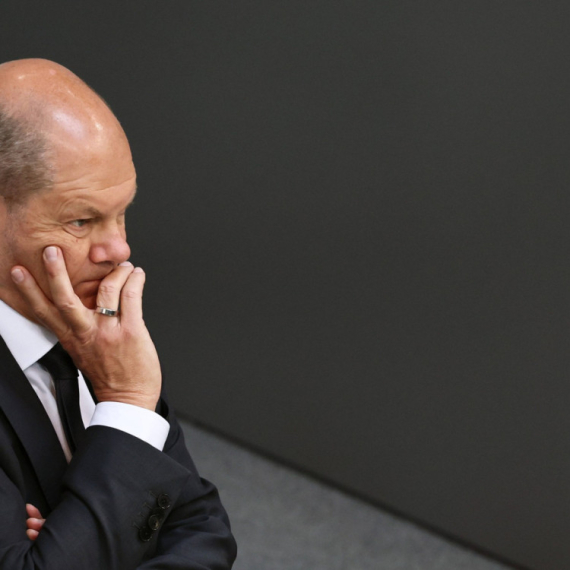




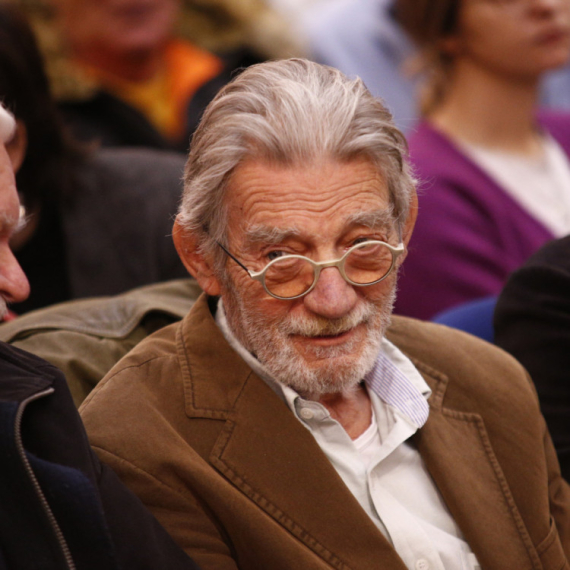
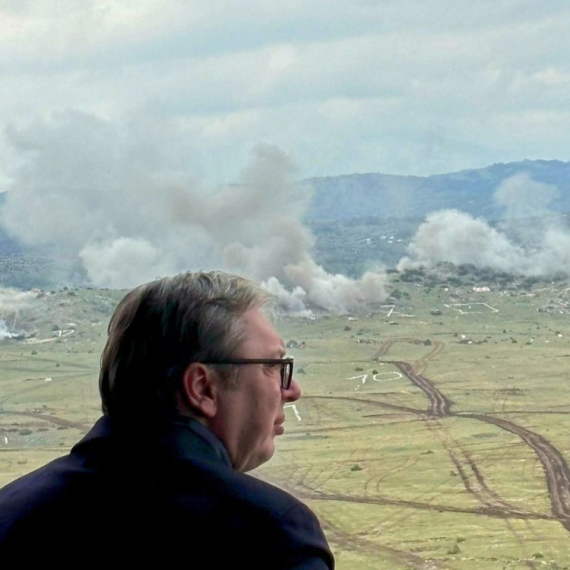
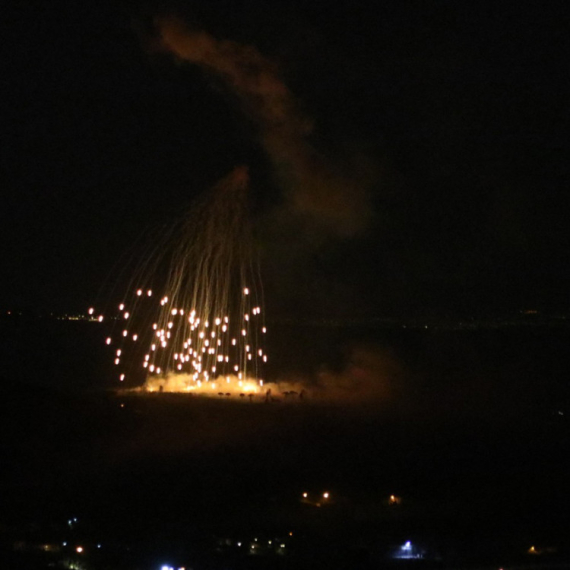


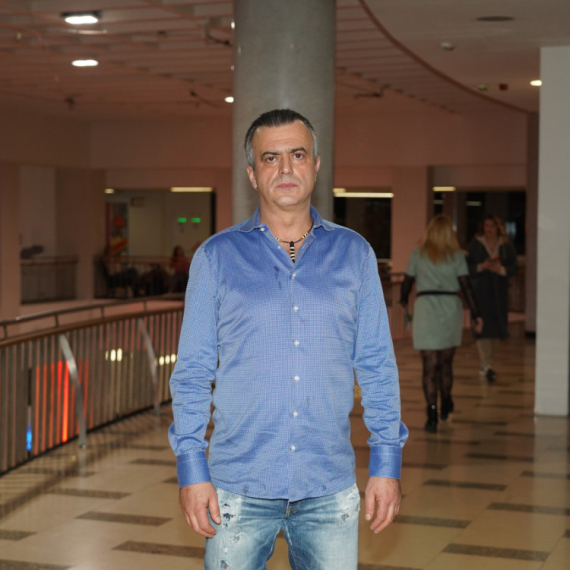






Komentari 4
Pogledaj komentare